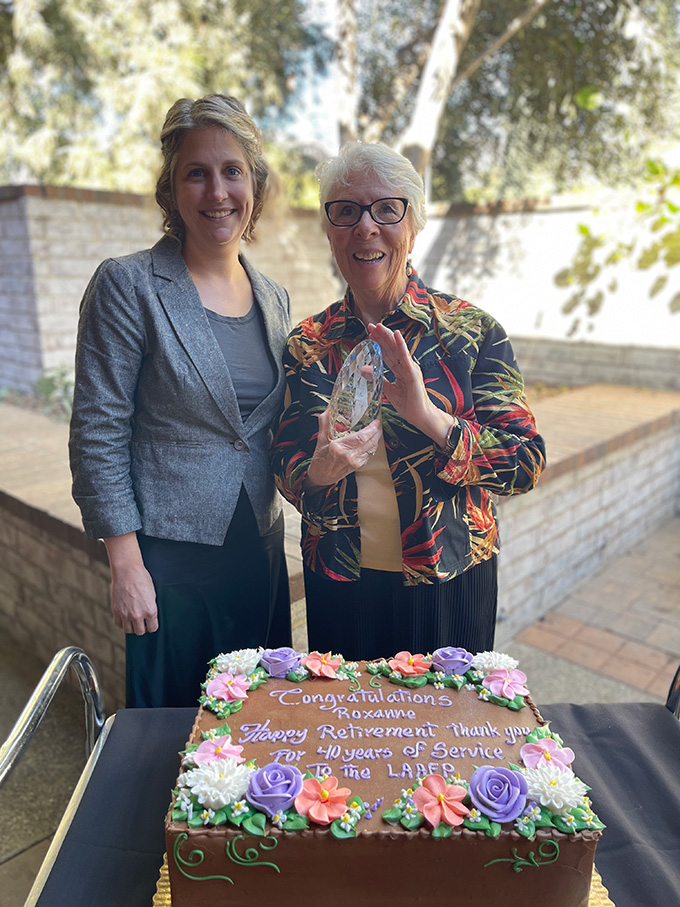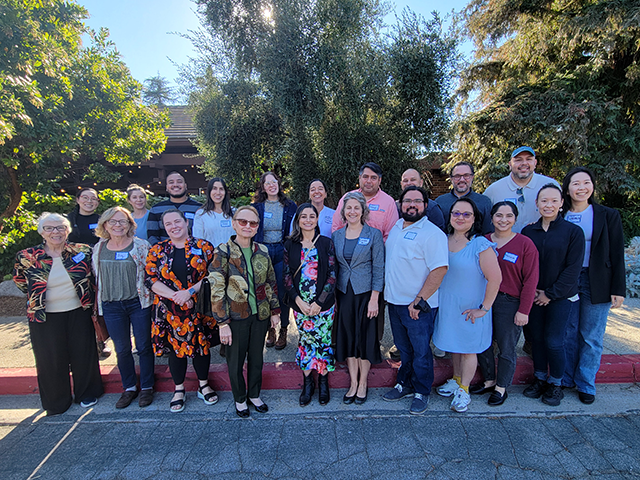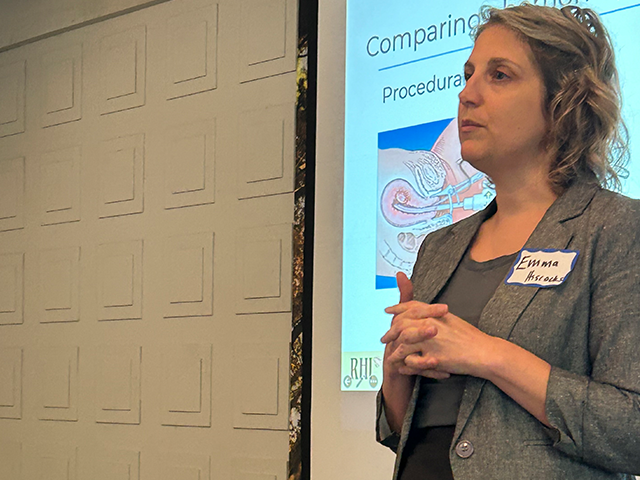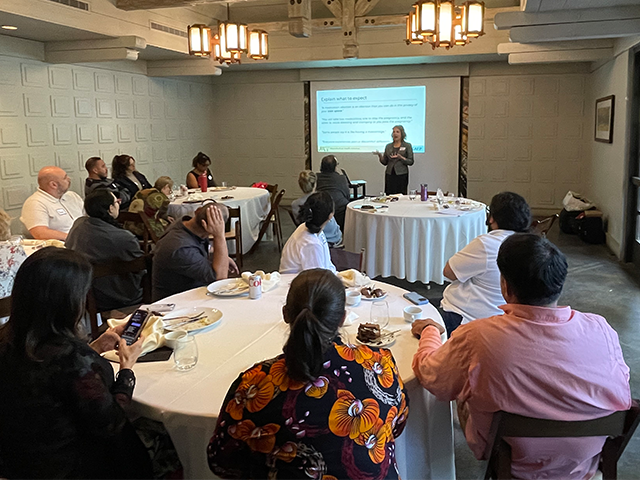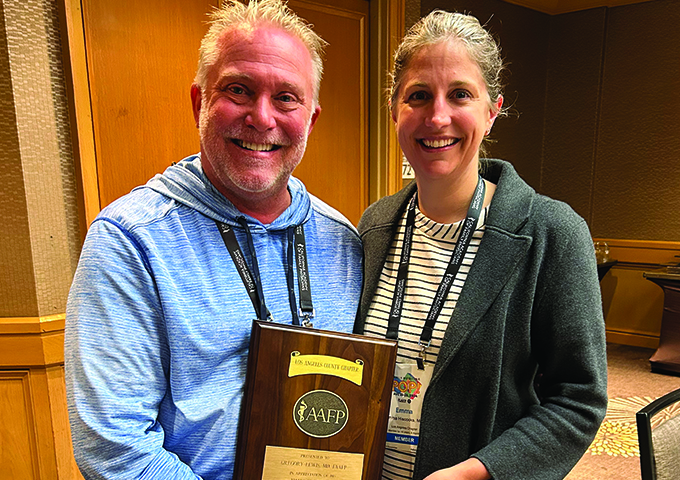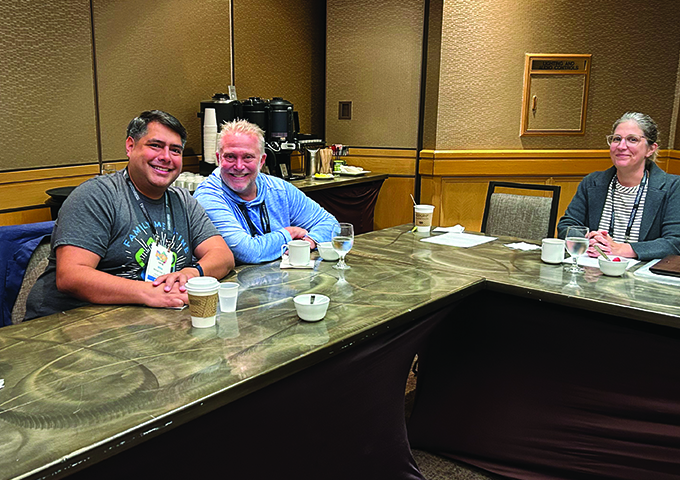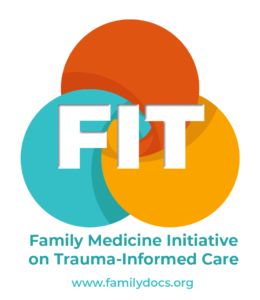August 2019

The California Legislature is out on summer recess until mid-August. Despite obstacles, many CAFP-supported bills are still alive, including:
- AB 1622, fixing outdated laws to reflect the value and diversity of family physicians care;
- AB 744, requiring payment for telehealth services the same as for in-person services;
- AB 528, reducing required administrative burdens in operating the CURES database;
- SB 276, implementing state monitoring of medical exceptions to childhood vaccinations;
- AB 848, adding continuous glucose monitors and related supplies to Medi-Cal coverage.
Have you received a Medi-Cal payment increase yet? Medi-Cal provider payment has steadily increased in both managed care and fee-for-service after the passage of CAFP-supported Prop 56 in 2016. Increases have occurred for Level 1-5 Established Patient Visits (99211-99215), Level 1-5 New Patient Visits (99201-99205), as well as major increases for 99381-99385 and 99391-99395. If you have a capitated contract with either a Medi-Cal managed care plan or one of its delegated entities for these services, you must submit encounter data to receive the supplemental funds. Physicians with questions should contact the managed care plan directly and review the Department of Health Care Services website.
Medi-Cal Managed Care physicians are also eligible under the 2019-2020 State Budget to receive risk-based incentive payments on behavioral health integration, chronic disease management, prenatal/post-partum care, and early childhood prevention. CAFP has recommended that these new payments include:
- Upfront financial support for practice transformation;
- Proper oversight of Medi-Cal Managed Care Plan involvement;
- Funding to physician practices at different levels of integration.
The Primary Care Patient Centered Collaborative (PCPCC) recently released its annual report on primary care investment. This year’s report included a first-of-its-kind study examining all 50 states’ primary care spending patterns — 5.6% by a narrow definition, and 10.2% by a broad definition. At the state level, Covered California is considering requiring insurers to document how many of their contracted providers meet advanced primary care standards, and report a comparison on the cost, quality and patient-experience of those enrollees. The recent report found that, except for Kaiser, only an average of 6 percent of Covered California enrollees receive care through a patient centered medical home.
Governor Newsom announced a plan to transition Medi-Cal Managed Care pharmacy benefits to fee-for-service (FFS) by January 1, 2021 (Medi-Cal Rx), for all Medi-Cal beneficiaries except those enrolled in PACE. The hope is that consolidating pharmacy benefits under one delivery system could reduce costs for State drug purchases and improve pharmacy services access.

